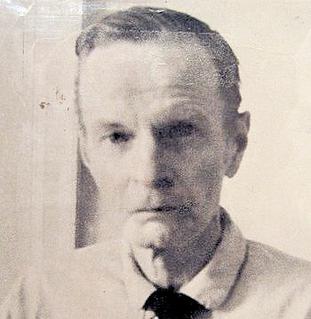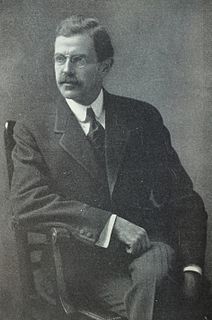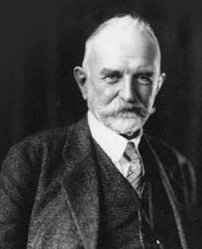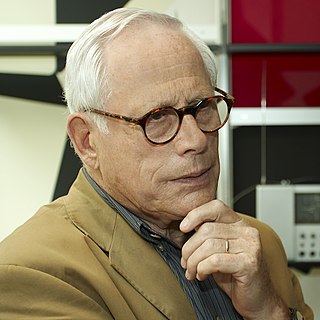A Quote by Jonathon Keats
I call myself an experimental philosopher which is as ambiguous a term as comprehensive anticipatory design scientist.
Quote Topics
Related Quotes
The material which a scientist actually has at his disposal, his laws, his experimental results, his mathematical techniques, his epistemological prejudices, his attitude towards the absurd consequences of the theories which he accepts, is indeterminate in many ways, ambiguous, and never fully separated from the historical background . This material is always contaminated by principles which he does not know and which, if known, would be extremely hard to test.
After she's gone, another brief lull sets in. This one is probably the last. But what good is a lull? It's only a breathing spell in which to get more frightened. Because anticipatory fear is always twice as strong as present fear. Anticipatory fear has both fears in it at once - the anticipatory one and the one that comes simultaneously with the dread happening itself. Present fear only has the one, because by that time anticipation is over.
The scientist is not much given to talking of the riddle of the universe. "Riddle" is not a scientific term. The conception of a riddle is "something which can he solved." And hence the scientist does not use that popular phrase. We don't know the why of anything. On that matter we are no further advanced than was the cavedweller. The scientist is contented if he can contribute something toward the knowledge of what is and how it is.
There are, of course, a number of epistemological questions, some of which lie more in the province of the philosopher than they do the economist or the social scientist. The one with which I am particularly concerned here is that of the role of knowledge in social systems, both as a product of the past and as a determinant of the future.
In addition to the social pressures from the scientific community there is also at work a very human trait of individual scientist. I call it the law of the instrument , and it may be formulated as follows: Give a small boy a hammer, and he will find that everything he encounters needs pounding. It comes as no particular surprise to discover that a scientist formulates problems in a way which requires for their solution just those techniques in which he himself is especially skilled.
I am troubled by the devaluing of the word 'design’. I find myself now being somewhat embarrassed to be called a designer. In fact I prefer the German term, Gestalt-Ingenieur. Apple and Vitsoe are relatively lone voices treating the discipline of design seriously in all corners of their businesses. They understand that design is not simply an adjective to place in front of a product’s name to somehow artificially enhance its value. Ever fewer people appear to understand that design is a serious profession; and for our future welfare we need more companies to take that profession seriously.
There are a host of surprises among longer-term meditators, like a boost in the immune system from a day of practice, which is not seen in beginners, and a rapid recovery from stress or pain. At the "Olympic level" we find there is no anticipatory anxiety when the stress of pain is certain to come, and no lingering aftereffects - unlike the stress reactions in ordinary folk.
No scientist or student of science, need ever read an original work of the past. As a general rule, he does not think of doing so. Rutherford was one of the greatest experimental physicists, but no nuclear scientist today would study his researches of fifty years ago. Their substance has all been infused into the common agreement, the textbooks, the contemporary papers, the living present.
































